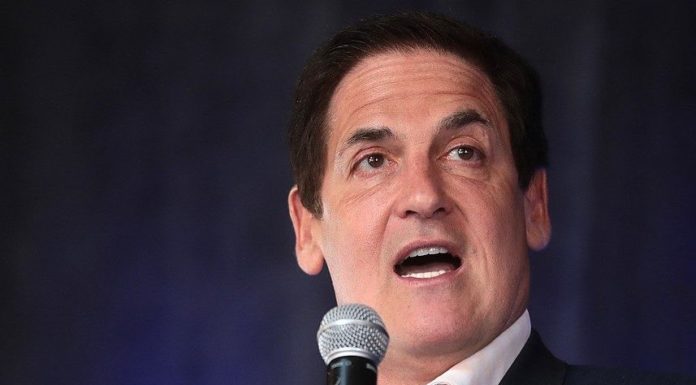(Hannah Cox, Foundation for Economic Education) Billionaire entrepreneur Mark Cuban recently announced his latest, ground-breaking innovation, and it’s one that should catch the attention of Americans. The venture is an online pharmacy for generic medications that cuts out the middlemen (insurance companies, PBMs, etc), and offers price transparency for consumers.
By doing this, Cuban stands to substantially lower the prices of these drugs for patients and make money in the process.
“Not everyone sets the goal of being the lowest cost producer and provider,” Cuban told Axios. “My goal is to make a profit while maximizing impact.”
According to Cuban and the company’s website, all drugs will be priced at cost plus a 15 percent mark-up.
The Mark Cuban Cost Plus Drug Company is set-up to eliminate pharmacy benefit managers (PBMs), which pharmacists have been warning Americans about for some time.
These entities manage prescription drug benefits on behalf of large employers and health insurance companies, and while they’re a lesser-known player in the pharmaceuticals industry, they’re an expensive one.
In short, these middlemen negotiate with drug manufacturers and pharmacies to control drug spending. They choose what drugs are covered by insurance, determine co-pays, decide which pharmacies fall under what plans, and decide how much pharmacies will be reimbursed for certain drugs.
As a whole, they drive up the price of drugs through things like price spreading, where they charge the plan sponsor above the cost of the drug and keep the spread as profit.
Crony insurance companies, which are backed by both state and federal regulations, force pharmacists to work with these middlemen (by refusing to cover prescriptions otherwise) who block information about the true price of drugs and the rebates they receive in the negotiations. They also obfuscate cost-saving information about drugs (say, should the patient be able to pay cash and actually get a cheaper price vs. going through insurance).
“Would you trust your doctor to make the decision about your chemotherapy, or a corporation?” Ted Okon, the executive director of the Community Oncology Alliance, a group of community-based cancer doctors, said. “It’s just not acceptable when a cancer patient, especially someone who is in dire need of treatment, doesn’t understand why they can’t get the drug.”
Since insurance companies refuse to work with pharmacies that go around PBMs, Cuban is cutting PBMs out of the picture altogether—offering a cash-based alternative that sells drugs directly to the consumer.
Out the gate, consumers will have access to 100 generic medicines at a price that will still be less than what customers would pay through their insurance or co-pays (yes, that’s how much PBMs jack the price of medicines up). The company will buy directly from third-party suppliers and, soon, manufacture its own products.
How much savings are we talking? NPR offered a glimpse of the potential.
“A 30-count of imatinib, which is used to treat leukemia and other cancers, goes for as low as $17.10 at Cuban’s pharmacy compared with $2,502.60 at other pharmacies,” reported NPR’s Joe Hernandez.



